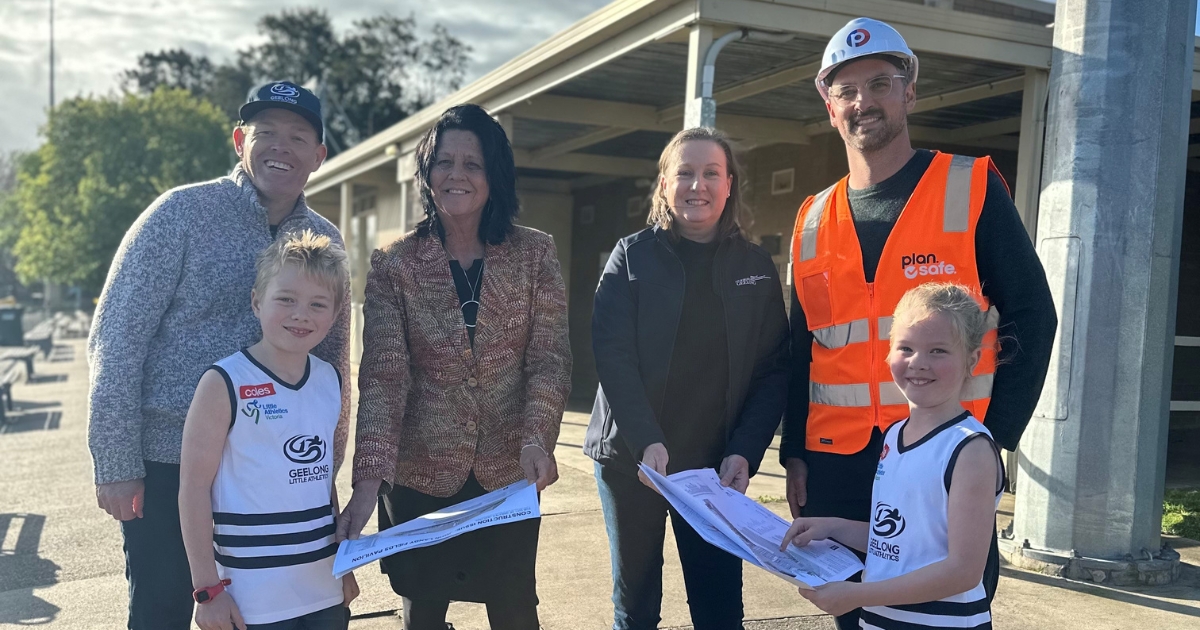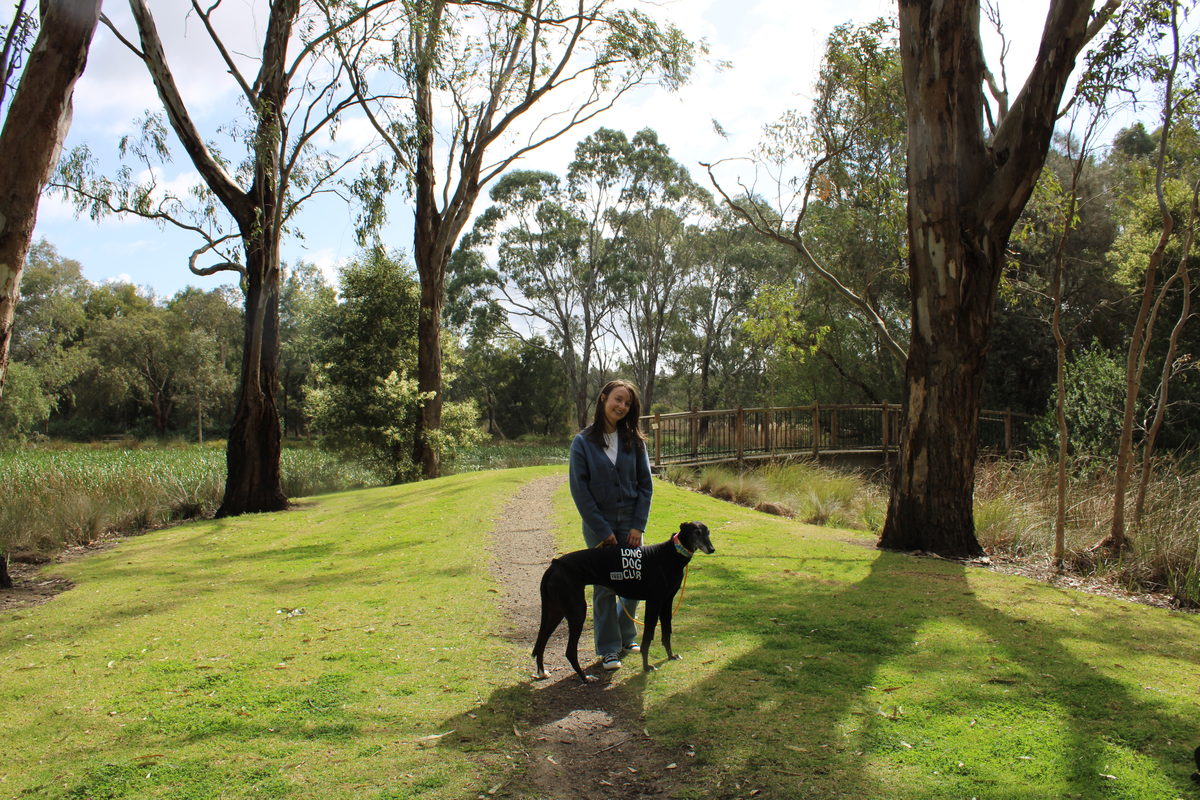Study finds body dissatisfaction on the rise among youth

Almost 60 per cent of young people aged 12-18 are dissatisfied with how their body looks. Photo: NIB FOUNDATION
Body dissatisfaction is on the rise, with body image preventing nearly one-in-two young people attending school at some point, new research has found.
Conducted by Butterfly Foundation, the national charity for Australians affected by eating disorders and body image, the second annual Body Kind Youth Survey has revealed body image is of growing concern to young people.
The survey, supported by nib foundation, was undertaken between September and November last year, with nearly 3,000 young people aged between 12-18 years participating.
Of them, almost 60 per cent reported dissatisfaction with how their body looks – an 11 per cent increase on the survey results gathered during the inaugural Body Kind Youth Survey in 2022 – while more than a third said they were “mostly” or “completely” dissatisfied with how their body looks.
Body dissatisfaction occurs when an individual develops negative thoughts about the way their body looks and is the leading risk factor in the development of an eating disorder, the instance of which has risen more than 85 per cent in young people aged 10-19 since 2012.
For a total of 95 per cent of survey respondents, body image was of some concern.
Nearly 80 per cent wished they were thinner or leaner – a 16 per cent increase on 2022 – while just over 70 per cent wished they were more muscular.
While the survey results show reports of body dissatisfaction from young males have risen since 2022, females, gender diverse and LGBTQIA+ youth continue to report the highest levels of body dissatisfaction overall.
“This is yet more evidence that young people’s body image is having a profound impact on every aspect of their lives and prevention and early prevention is critical to improve outcomes,” Butterfly Foundation’s education services manager Helen Bird said.
The role social media plays in body image concerns is significant, with almost two thirds of young people reporting social media made them feel dissatisfied with their bodies – a 12 per cent increase on 2022.
Bullying also has an impact, with almost 80 per cent stating they’d received negative comments about their appearance.
For most respondents, this teasing occurred most frequently at school (77 per cent), followed by at home (38 per cent) and on social media (33 per cent).
“Unsurprisingly, across the two years of the survey, young people have consistently called for more body image support at school and on social media,” Ms Bird said.
“It’s crucial that we listen to what they have to say, so we can collectively work towards a future of a more Body Kind Australia that supports young people to thrive mentally and physically in their bodies.”
She said Butterfly Foundation’s strength-based programs, including a soon-to-be-released online education digital learning program for secondary students, were at hand to give children and young people evidence-based strategies and tools to support a positive body image.
Anyone needing support with eating disorders or body image issues is encouraged to contact the Butterfly National Helpline on 1800 33 4674 (1800 ED HOPE) or Eating Disorders Victoria Helpline on 1300 550 23. For urgent support, phone Lifeline on 13 11 14.

















